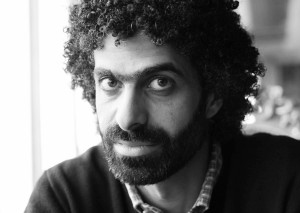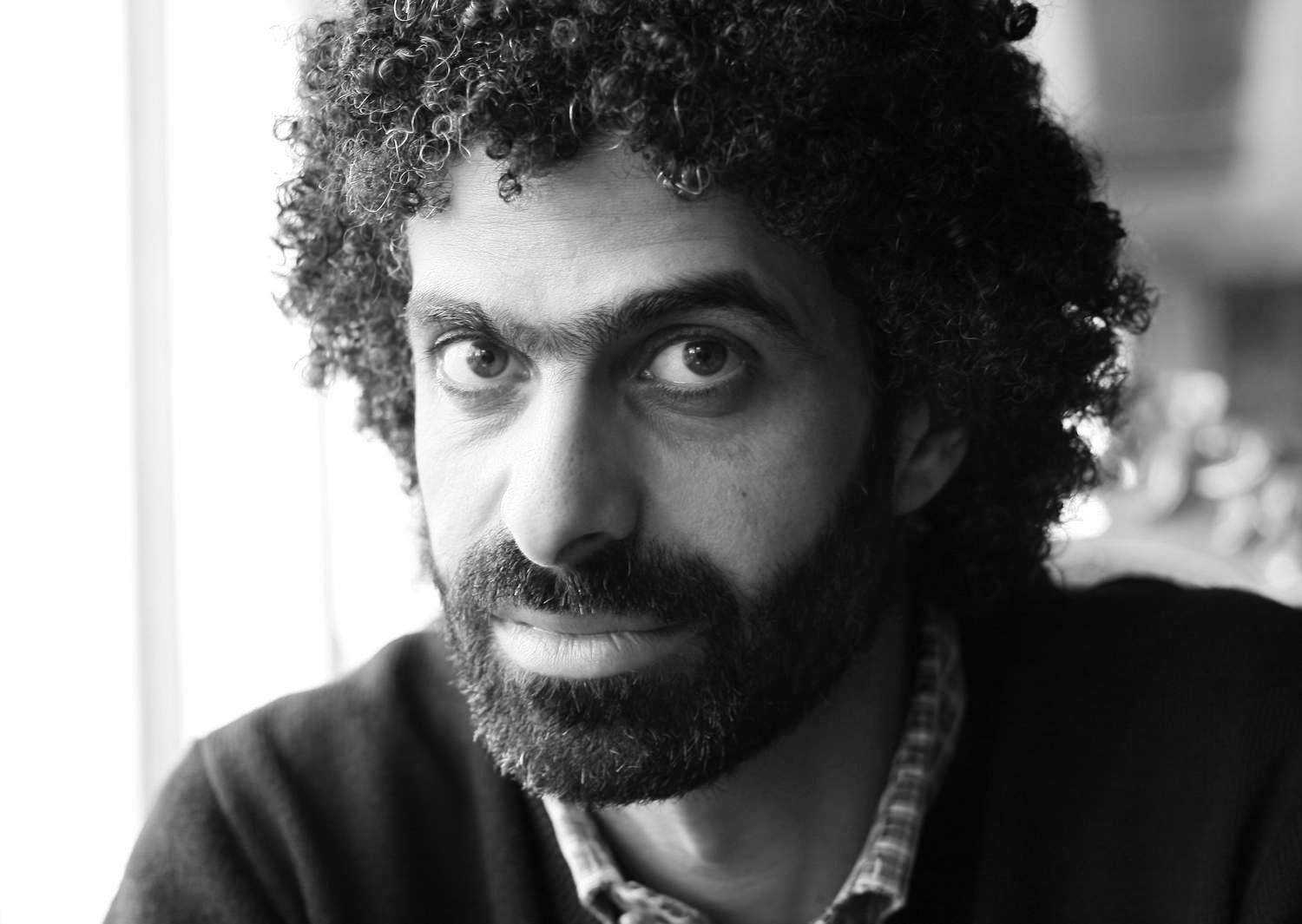
Going through Hesham Qandil’s plan for development until 2022 makes you feel that Ahmed Nazif, Mubarak’s prime minister currently imprisoned for corruption charges, was a genius after all. Qandil’s plan is basically jsut an Ikhwanised imitation of the Mubarak-Nazif one. It uses the same language and suggests the same backward thinking.
Qandil’s vision of development is literally, “mobilising the January 25th Revolution’s spirit for making Egypt a free, civil, regionally pioneering, globally influential state with a national independent economy based on knowledge.
“An economy that invests in the capabilities of the human and the ingenuity of the place. A just society that protects citizenship values and holds to its national identity, cultural heritage and religious civilised values, where all citizens enjoy human dignity, prosperity, quality life with no distinction. All in an environmental framework that encourages continuous development and effective societal participation.”
Such a lovely verse. But what is it actually that makes it different from any other plan? Maybe His Excellency’s mention of what he calls the revolutionary spirit, to which neither he nor President Morsy seem to adhere?
This plan is sadly nothing but a rehash of Mubarak’s failed plans, with a large portion taken from Nazif’s last plan approved and blessed by the ousted president a few months before the revolution.
Such hollow platitudes of simplistic governance values that were never described in actual or effective practical details are can be taken as a given for any country and need not be mentioned in a plan. Maybe they best belong to an inspirational poster to be hung in front of his office in the cabinet building.
Lucky him, he does not have a parliament with which he has to discuss such a notorious plan. In a true democracy, a prime minister would be politically crucified for such poetic nonsense presented as a plan. For some absurd reason we still live since Mubarak’s times.
Shamelessly, the resemblance to Nazif’s plan does not stop at the language used, it even copies thoughts wholesale. Courageously, Qandil has copied details from a plan introduced by a prime minister and president who were ousted by a revolution that broke out for the very reasons that His Excellency is now re-introducing to us, in the same language.
For example, the part of the plan that talks about privatising what is left of the public sector is not a new one. It was suggested by Nazif and approved by Mubarak right before the revolution, which froze the plan for the obvious reasons that the people were totally against it.
It was a plan called “legalised privatization”, where at least 20 per cent of state-owned companies would be offered for sale in the stock market. Investors (companies or individuals) would be allowed to buy quotas that varied depending on the financial needs of the company.
As it was when Nazif proposed it, Qandil’s proposal is a typical example of pandering to the IMF. The plan is actually a perfect match with the current government’s suspicious and opaque goal of convincing the IMF to grant a US$4.8 billion loan to fix the public financial system. How pathetically more obvious could a plan be?
Ironically, Qandil’s plan follows the same strategy of previous born-to-fail ones. Not just hollow in language and details, or hypocritically seeking the blessings of international players. It actually predicts its own failure within the body of the plan itself. It mentions a long list of obstacles against implementation that go beyond the concept of challenges. The plan makes it look like deadlock.
Corruption, unemployment, big budget deficit, income disparity, illiteracy, poor public services, food security and more are all among what Qandil calls “challenges”. A well-worn trick that has always been played to justify failure in advance. At some point the government will say that they are sorry but it was very difficult on them. But let’s make another plan!
Obviously, neither Qandil nor Morsy are in touch with the Egyptian street. They are detached from the frustrations and aspirations of the people who started a revolution that brought both of them to power. Power that seems to be quickly slipping out of their hands. Maybe if that happened they might realise that a non-revolutionary ten-year is just wishful thinking.

